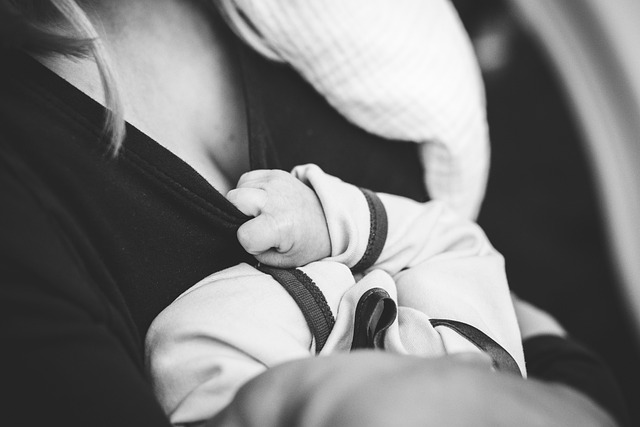Returning to paid work is a potential barrier for mothers wishing to continue to breastfeed, with many not realising it is an option to carry on. The benefits of breastfeeding for children’s health and cognitive development and mothers’ health are well documented. Supporting working mothers who want to continue to breastfeed also benefits employers and wider society; for example, by reducing skill and talent loss and increasing the productivity of working mothers.

Researchers at the University of Reading are exploring the wellbeing, opportunities and workplace experiences of new mothers in the UK who want to continue to breastfeed on return to paid work. The research, funded by the Nuffield Foundation, fills a gap in UK knowledge by helping us better understand underpinning societal attitudes, legal frameworks and other obstacles that may shape decisions in this context and to explore the impact of these on the wellbeing of working mothers. The research team spans the academic disciplines of economics, law and health communication.
Understanding the perspectives of mothers
Some mothers may feel pressured into returning to work earlier and/or working longer hours than desired, and may reduce or stop breastfeeding despite wanting to continue. Alternatively, some mothers may leave the labour force, reduce their hours, or change schedules to accommodate breastfeeding, with potential impact on their career progression, finances and wellbeing. Breastfeeding rates are higher among older, more educated and higher socio-economic status mothers. Rates also vary by ethnic group. We will therefore consider variations by groups, based on maternal characteristics, who may face different challenges, make different decisions, and have differing lived experiences.
As part of the project, we are undertaking a survey of mothers based in the UK who have given birth since January 2017, to capture experiences before and after the pandemic. We are interested in all mothers that meet these criteria regardless of whether they breastfed or returned to paid work or not. The survey will help us better understand infant feeding and paid work decisions, workplace experiences and the resulting impact on mothers’ wellbeing.
Understanding the perspectives of employers
The UK Health and Safety Executive state pregnant and breastfeeding employees are entitled to more frequent breaks and somewhere suitable to rest. This area should be hygienic and private so employees can express milk should they wish to. There should also be a fridge to store expressed milk. Employers are required to consider risks to breastfeeding employees and their children as part of individual health and safety risk assessments. However, a recent survey by law firm Slater and Gordan suggests more than half have expressed in an unsuitable place at work and a third in the toilets. The researchers will build on these surveys by undertaking more in-depth interviews in Spring 2023.
We also want to understand the challenges of accommodating breastfeeding employees from the employer side – what works and what does not – by identifying strengths and weakness in workplace policy and practice. We plan to do this in several ways. We will collect short case studies of existing workplace practice and undertake a survey of HR professionals and line managers to better understand potential challenges. We will also conduct more in-depth case studies within organisations to understand if there is a disconnect between workplace policy and practice. The ease of accommodating breastfeeding may vary across sectors and occupations, so we aim to cover a wide set of sectors.
Results from this project will inform how employers can better facilitate return to paid work to positively impact mothers’ health and wellbeing, and their productivity to ensure talent retention at a time when women commonly fall behind in the labour market. It will also provide recommendations for improvements to legislation in relation to parental leave and rights on return to paid work (for example, flexible working and time off for breastfeeding).
- To find out more about the project see our website.
- If you would like to fill in our mothers’ survey please find the survey link here.
- If you are an employer interested in becoming a case study see here for more details.
Sarah Jewell is a Professor of Economics at the University of Reading.
